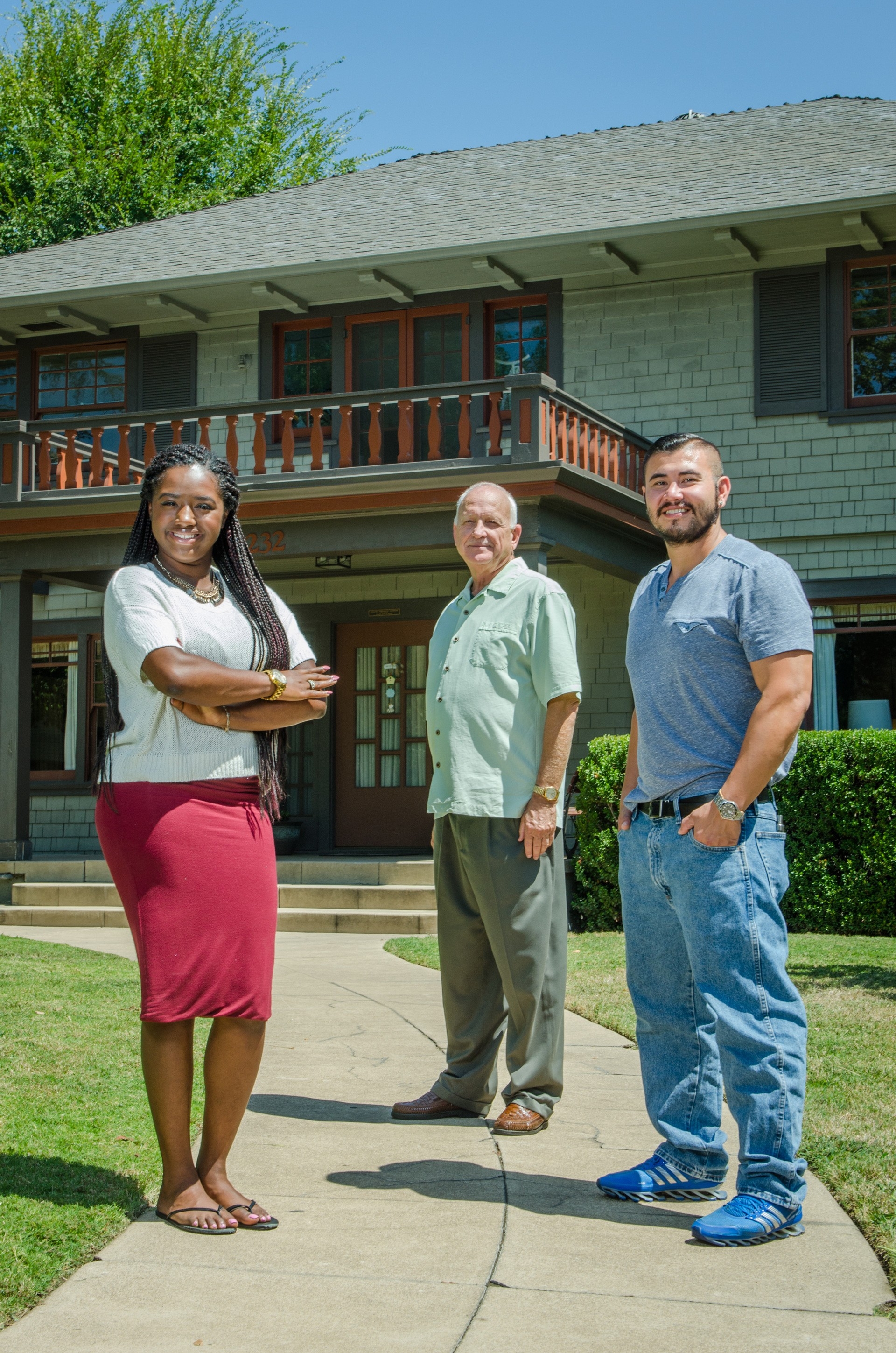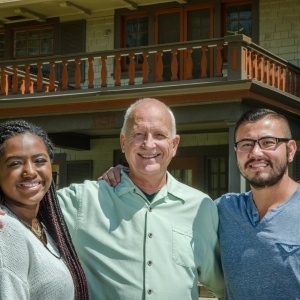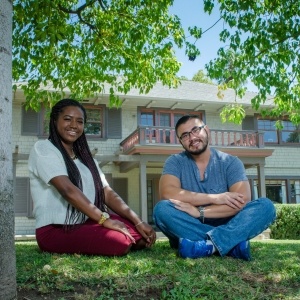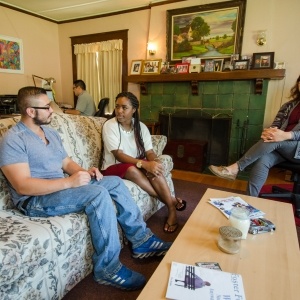In an instant, everything can change. What used to be a home, is now someone else’s house. Those once considered family, are now just acquaintances. Suddenly things like food, shelter and clothing are hard to come by and all that is left is just yourself.
It is a harsh reality what some 20,000 young Americans face each year once they turn 18 and “age out” of the foster care system. According to recent statistics, nearly 25 percent have no high school diploma, 40 percent have been homeless and only about half will be employed by the age of 24.

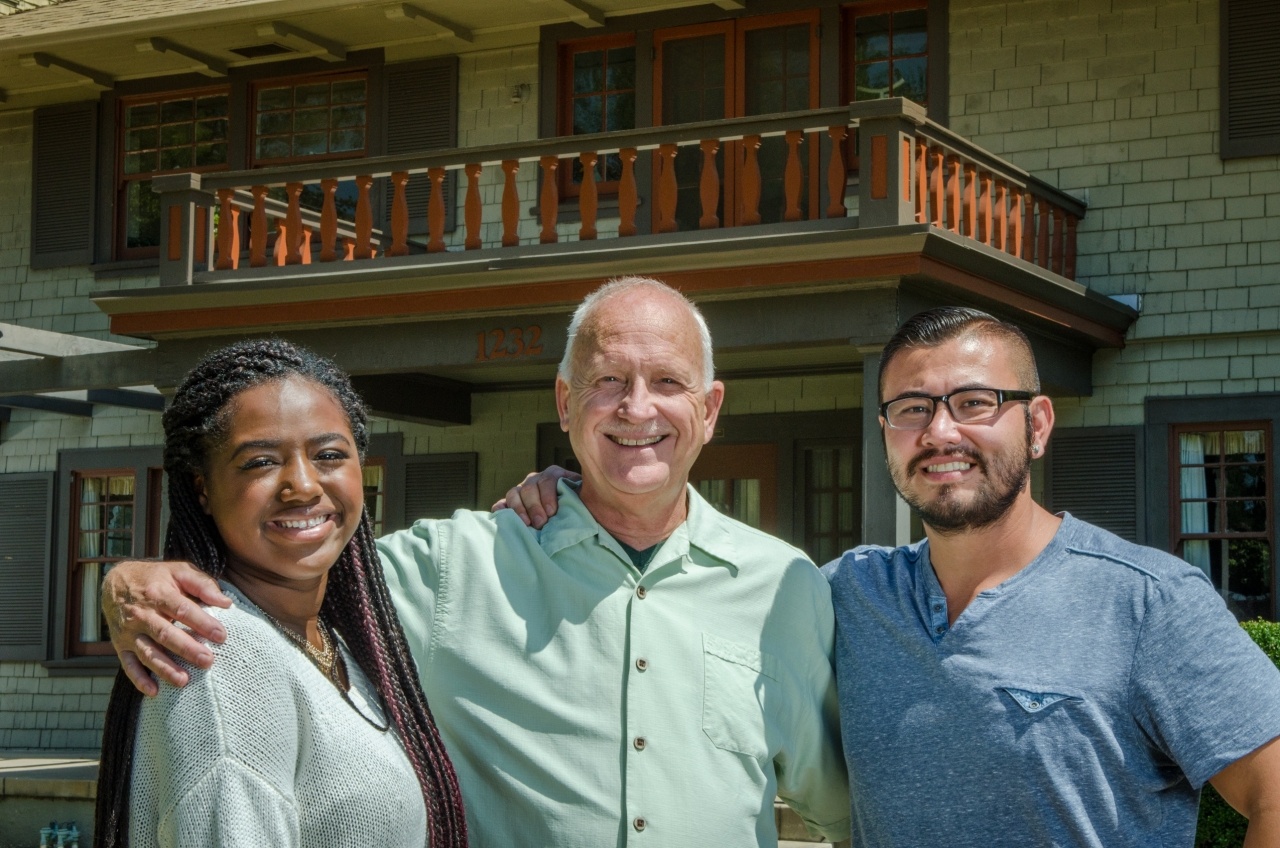
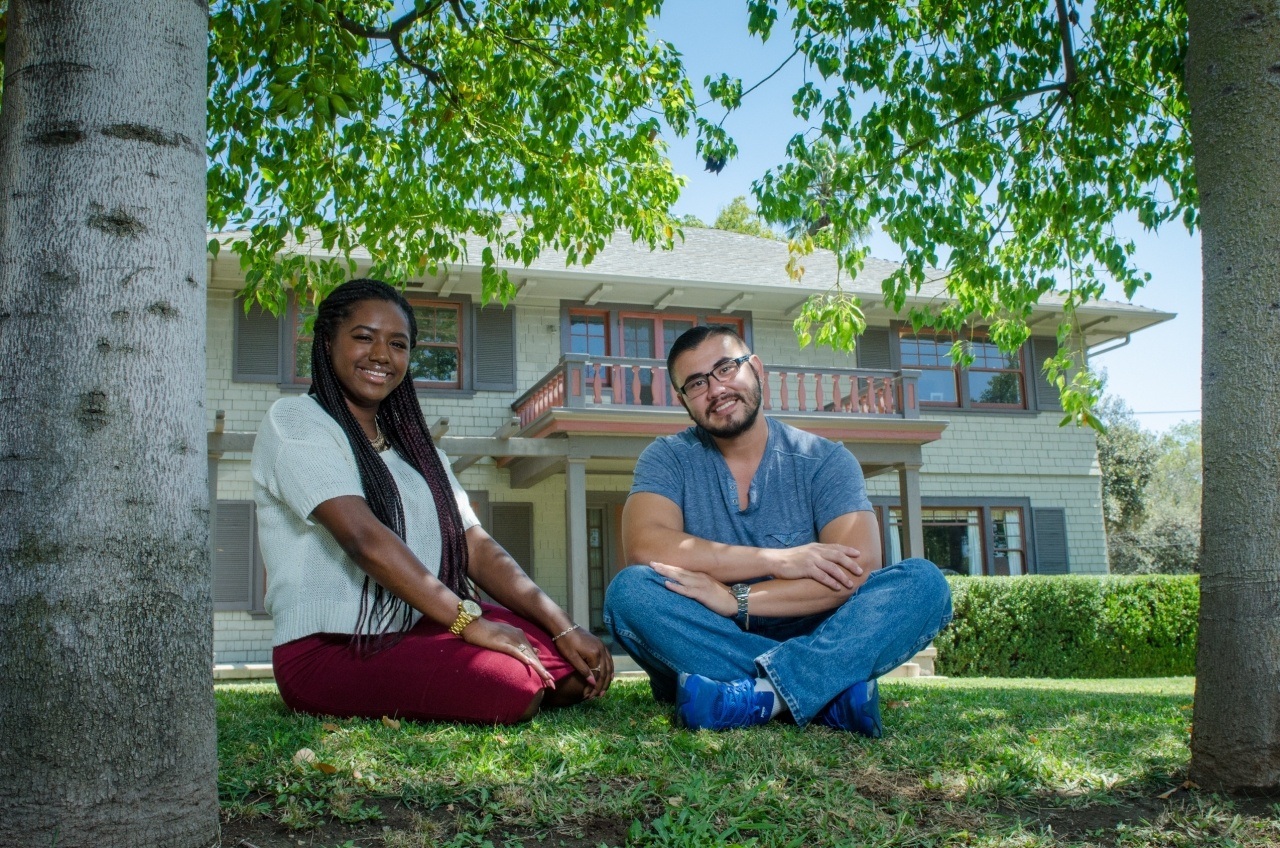
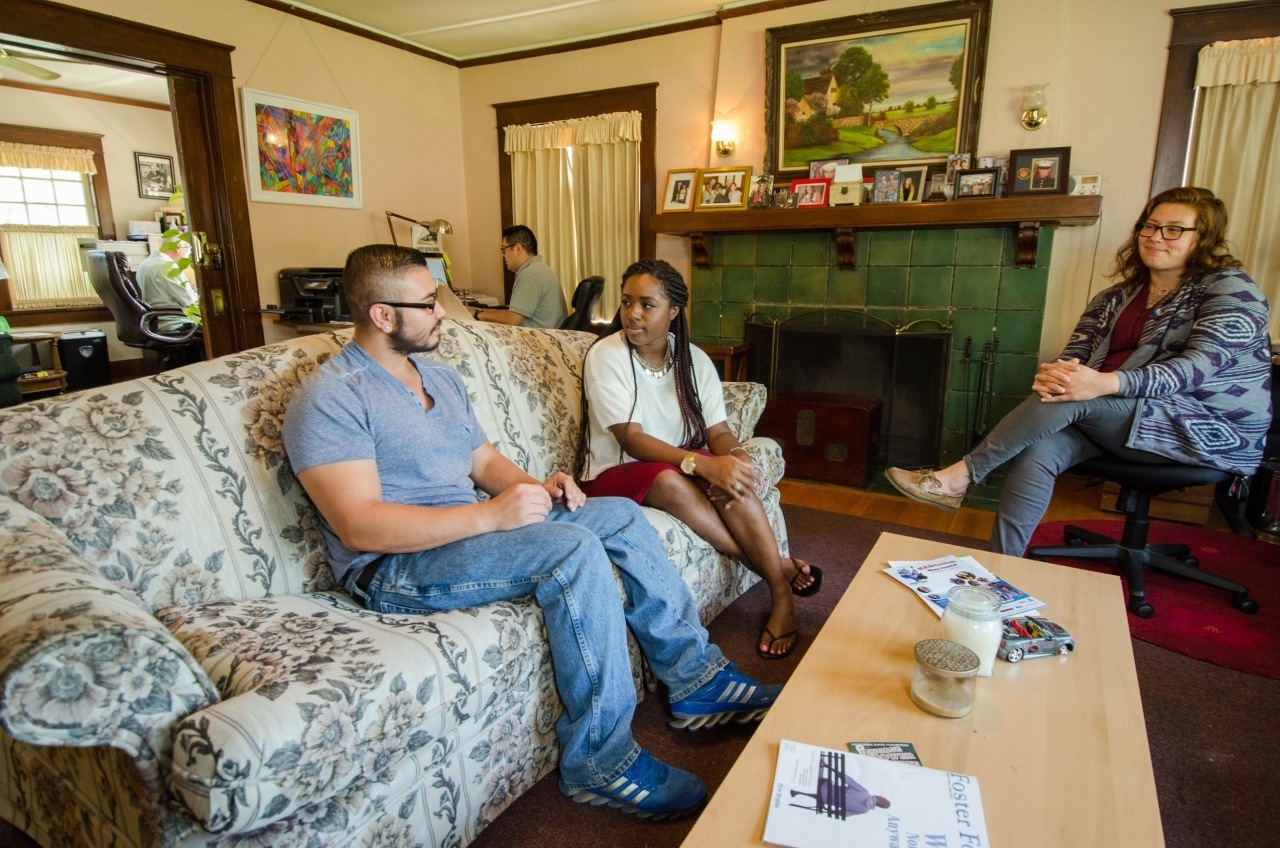
Tim Mayworm is all too familiar with this scenario and has been working to do his part in alleviating the situation since 1983. That is when he founded Journey House, a nonprofit organization located in Pasadena dedicated to assisting emancipated foster youth in their transition to adulthood.
“Right now we are helping 150 former foster youth — most who are in college or working on getting there,” Executive Director of Journey House, Mayworm said. “But first, we have to assess their individual needs — whether it is food or housing — and there is usually some counseling involved.”
Together with his partner, Jorge Camarena, program director, he has built up Journey House to be a safe haven for foster youth who have nowhere else to turn. And like many nonprofits, they rely on donors for support. “We have a program called Adopt-AStudent, which allows a family to pay for a student’s college expenses as much as they can,” Mayworm said. “Schools, for the most part, do not give them 100 percent scholarships, so Journey House steps in to supplement.”
For the last 10 years, the University of La Verne has been a university of choice for the many first-generation college students who go through the Journey House program. La Verne’s campus size and community atmosphere offer a lot of opportunities for foster youth to be successful and thanks to the joint support they receive from both La Verne and Journey House, graduation is becoming a reality.
“I’m a teacher myself, and to see a former foster youth graduate from college and make a living without breaking the law is one of the most joyous aspects of the work we do here,” Mayworm said. Success stories are the ultimate goal for Mayworm, which he recenlty found in Domonique Revis ’14 and Christopher Bice.
Domonique Revis ’14
Speech Communication Major
Domonique Revis’ world turned upside down when she was 7 years old. After her mother was arrested for drug possession during a domestic dispute, and her father was nowhere to be found, Revis and her siblings were separated and placed into different foster families.
Although she had some contact with her eight siblings and members of her family, life was not the same. But she learned to adapt to her new life and environment. She studied hard in school — earning all As — and developed a knack for mock trial competitions and the art of argument. She had her sights set on a bright future.
Like most children in the foster care system, Revis suddenly found herself alone when she turned 18. Her foster family had moved out of state and the only source of income she had was her part-time job at Baskin-Robbins. It helped her get by, but did not let her pursue her dreams of going to college.
“After I was emancipated from the system, I pretty much was living on friends’ couches,” Revis said. But nothing could keep her down. She worked hard to make it possible to get through Pasadena Community College, which led to many connections, and ultimately, Journey House. It was there she received grants and scholarships needed to be able to attend the University of La Verne.
“I remember I was excited to be attending La Verne, but scared because I had nowhere to live. I was lucky to eventually find a scholarship that could pay for me to live on campus,” Revis said.
She excelled at La Verne and while working three jobs, she earned her degree in speech communication in May 2014.
“Going to college was always one of my main goals. At La Verne I was able to stay on the right path with the help of professors like Ian Lising in the Speech Communication Department, and I developed the skills I needed to make it in the business world,” Revis said. “I’m the only one who went to college and actually graduated. I try to be an inspiration to my brothers and sisters.”
Today, she is a personal banker and has plans to return to school to pursue a graduate degree.
Christopher Bice
Business Major
Christopher Bice was only 14 years old when a judge told him he was a threat to society. At that age, he had spent more time out on the streets than in the classroom. Either he looked for trouble or trouble found him — but when he eventually found himself in court, he realized he had a choice to make: go to jail or shape up.
Bice did not exactly fit the “at risk” youth stereotype growing up. He was raised in an affluent community in Simi Valley, California with both his parents and siblings and had most of the same opportunities of children his age. But still there was something lacking.
“I did not have the encouragement or the discipline I needed growing up,” Bice said. “It was not a caring or loving environment. And, I was sort of a hothead.” For a long time, he did not know who to turn to or where to go.
Then there was Journey House — a place where he could be comfortable in his own skin and call home. Not only did Journey House take him off the streets, they provided him with mentorship, support and life skills he needed to get back on track.
“Not everyone learns the same way, but at Journey I have been shown how to work through this world, which is a lot more difficult than some people may believe,” Bice said.
College was never in the cards for Bice, or so he thought. After earning his GED, he was eager to get back out on his own. He went straight into the workforce at 17, delving into various manufacturing fields. But it was not enough.
“I realized, a million mistakes later, that I needed to get a degree and once I did that then I could really travel the right path that I knew would be a good one, ” Bice said. Journey remained by his side through both emotional and financial support, helping him get into his college of choice: University of La Verne.
As a business administration major with an emphasis in international marketing and human resources, Bice is now on the road to a brighter future. He works for an Internet company and plans to open his own business one day and ultimately help others.
“Going through Journey and now being at La Verne, where the campus is so diverse and accepting, I have changed for the better. You can never let anybody take you out of your zone, and I am glad I finally found mine.”
Visit journeyhouseyouth.org to learn more.
